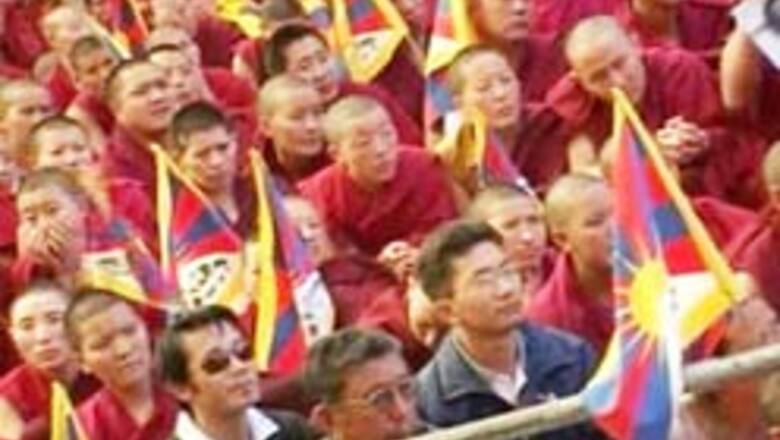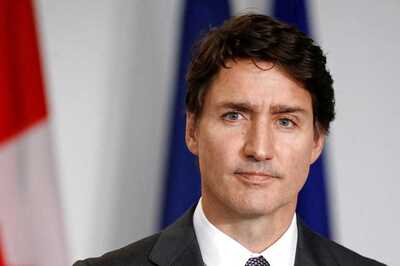
views
New Delhi: Across the world, voices are now being raised against China’s crackdown on Tibetan protestors and many nations are threatening to boycott the Opening Ceremony of the Beijing Olympics.
"If China remained as 'militant' as at present, I cannot imagine German politicians attending the opening or closing ceremonies,” stated Chairman of German Parliament’s Foreign Affairs Committee, Ruprecht Polenz.
European Parliament Speaker Hans-Gert Pottering also stated, “No-show by politicians at the opening ceremony if conditions in Tibet did not improve."
Some nations are hopeful that matters would be sorted out in time.
"I hope there will soon be a solution, drawn up at the negotiating table,” said IOC member, Pal Schmitt, while French President Nicolas Sarkozy made a direct appeal to Chinese authorities.
"All options are open but I appeal to the sense of responsibility of China's leaders," he said.
Other nations have outright refused to politicise the Olympic games.
"We believe that the purpose of the Olympics is to let international athletes come together and showcase their talents,” said White House spokeswoman, Dana Perino.
She was joined by US State Department spokesman Sean McCormack, who said, "Olympics is an important international sporting event.”
House Speaker Nancy Pelosi also declared her unwillingness to boycott the games.
"I am not in favour of a boycott of the Olympic Games,” she said.
The US stance was, surprisingly, supported by its bugbear, Venezuelan President Hugo Chavez who, as usual, maintained his anti-US stance, even while supporting the Beijing Olympics.
"The violence in Tibet is the product of a plan of aggression of the United States against China. Venezuela supports with passion the celebration of these games,” he declared.
Socialist Cuba also came out in favour of China
"We are strongly opposed to any intention to interfere in China's internal affairs,” the Cuban government announced.
PAGE_BREAK
Some countries have, however, suggested a different way of registering protests.
"If people want to peacefully protest about the torch or the Olympics or Tibet, that is what Australian society or New Zealand society is all about, but they should do that in a sensible and peaceful way,” suggested Australian Foreign Minister, Stephen Smith.
"For China's own sake, it is best to be as open and transparent as possible in handling protests,” stated Japanese Foreign Minister, Masahiko Komura, while Costa Rica’s President Oscar Arias pointed out, “Dialogue between civilised people is needed.”
History of Olympic boycotts



















Comments
0 comment